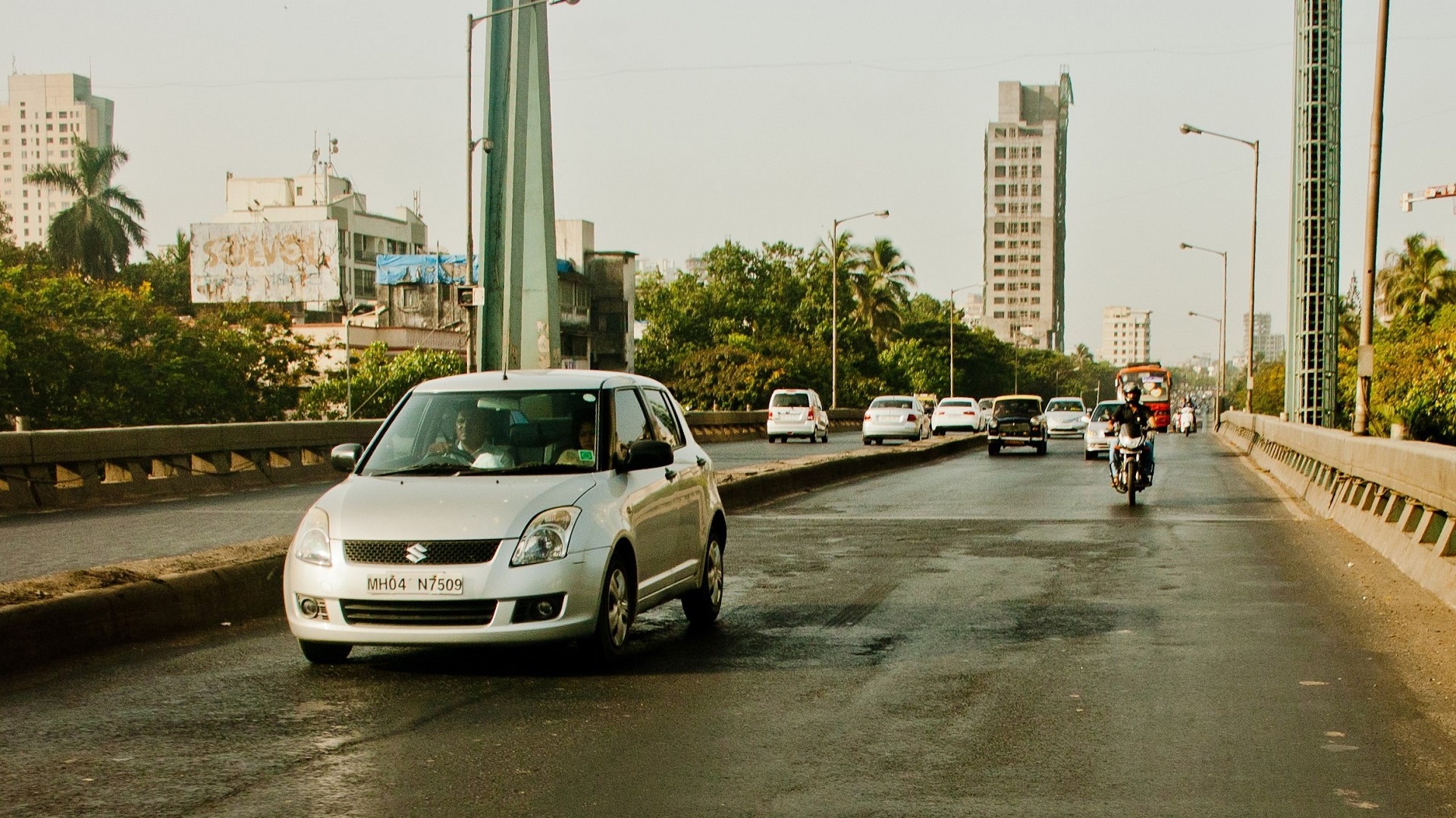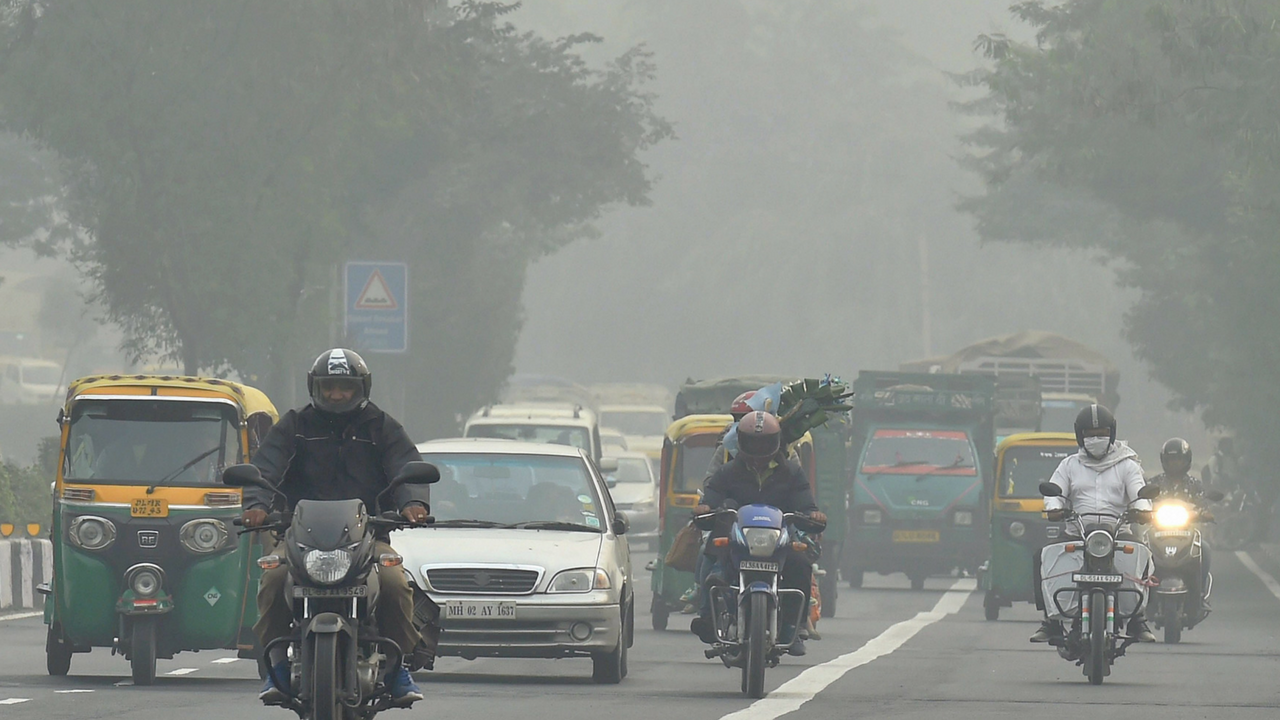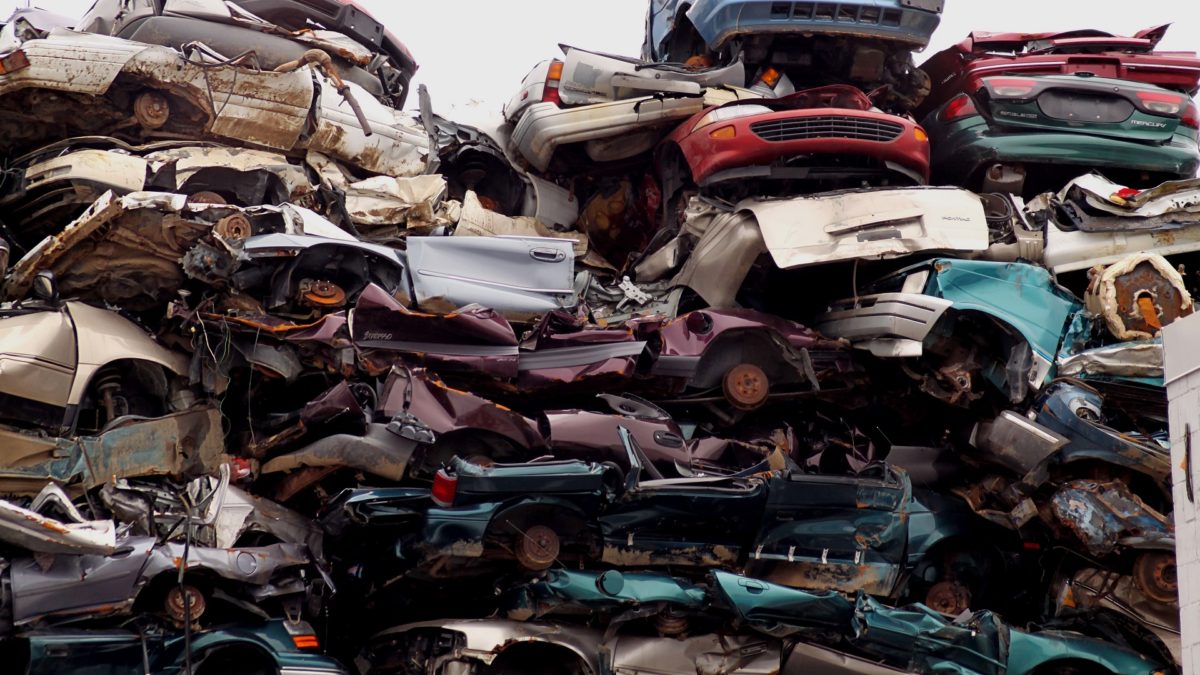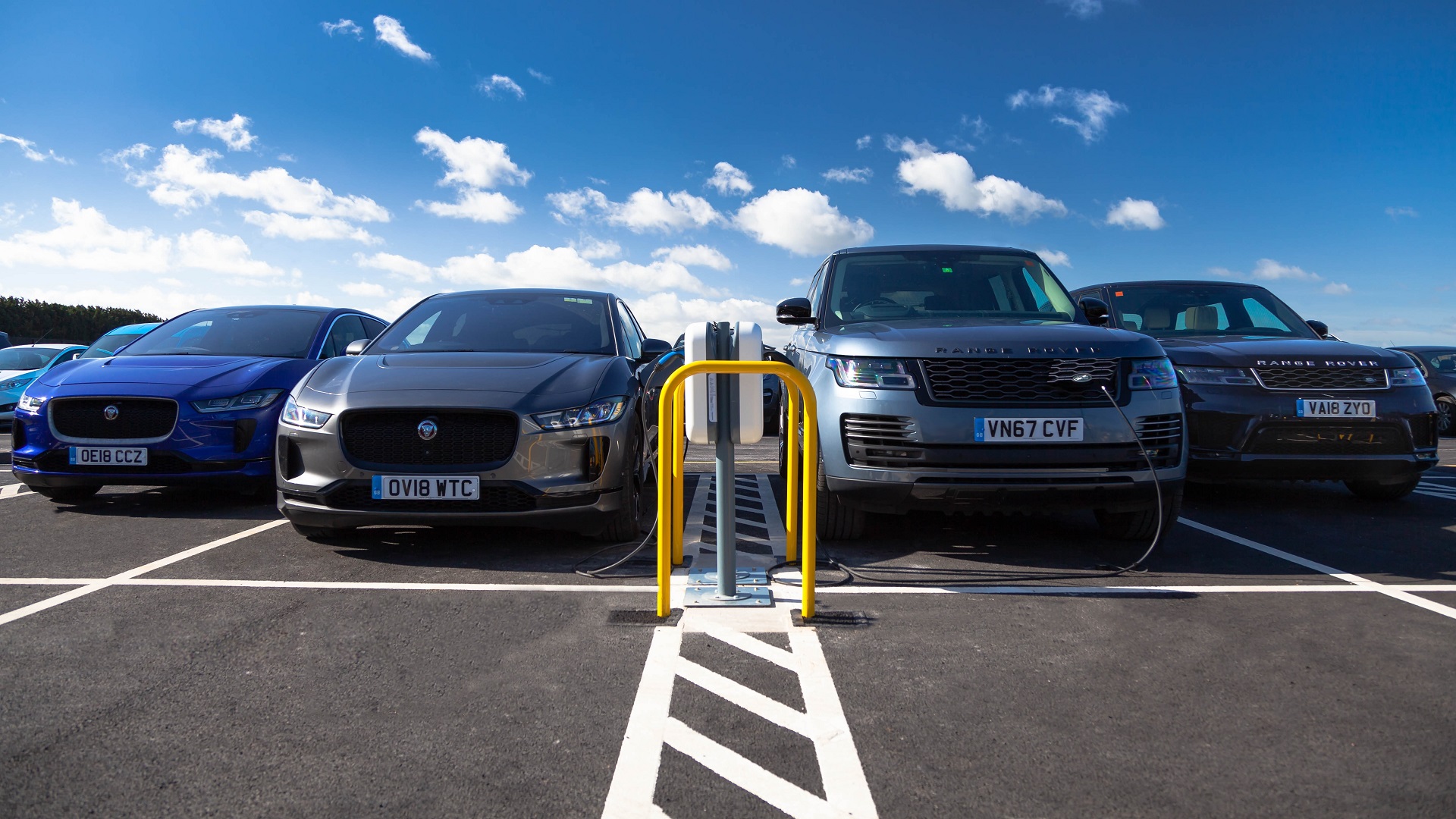Pay Attention, Owners Of 15-Year Old Cars
Remember the Vehicle Scrappage Policy? One that was detailed earlier this year and is supposed to come into effect in a phased manner? That talked about the rules of vehicle fitness certificates, automated testing and, of course, incentives. Another topic it touched upon was the renewal of a car’s registration after the 15-year period was over. The government has now released some more details about how an aged vehicle will affect the owner financially.

Let’s talk about the incentives first. For example, say an owner decides to scrap a 15-year-old car at any of the government-recognised vehicle scrapping centres. In that case, the fees for registering a new car will be waived entirely off upon producing a Certificate of Deposit. Of course, it goes without saying that it has to be issued by a registered Vehicle Scrapping Facility.
Although not much, that incentive is over and above the benefits announced as part of the Vehicle Scrappage Policy. The list includes a refund of about 4-6 per cent of the scrapped vehicle’s ex-showroom price and a rebate of up to 25 per cent on the road tax.
The government has devised a couple of disincentives to discourage owners from using cars aged more than 15 years. They are:
- Charges for conducting fitness tests and renewal of fitness certificates to be increased.
- Fees for the renewal of registration certificates will go up.
1 – For light motor vehicles, the charges for a conducting fitness test and issuing a certificate for light motor vehicles is Rs 800 (Rs 1,000 for an automated test). Those are applicable for private cars. However, for cars being used for transport purposes, the fees will be Rs 7,500. An additional fee of Rs 50 per day will be levied for each day after the expiry of the fitness certificate.
2 – Charges for issuing a renewed certificate of registration will be Rs 5,000 for light motor vehicles. In comparison, the fees for new registration will be Rs 600. Do the math, and the renewal will cost more than eight times than a new application. Even for imported cars, the renewal charges will be Rs 40,000, precisely eight times more than a new registration request. Moreover, suppose there’s a delay in applying for the renewal of the registration certificate. In that case, the owner will have to pay Rs 500 per month as a late fee.

The new charges will be applicable from April 1, 2022. You can see why the government is trying to do all this. It wants people to travel in modern cars that are safer for them and the environment. Do you think this penalising approach will work for the greater good?





